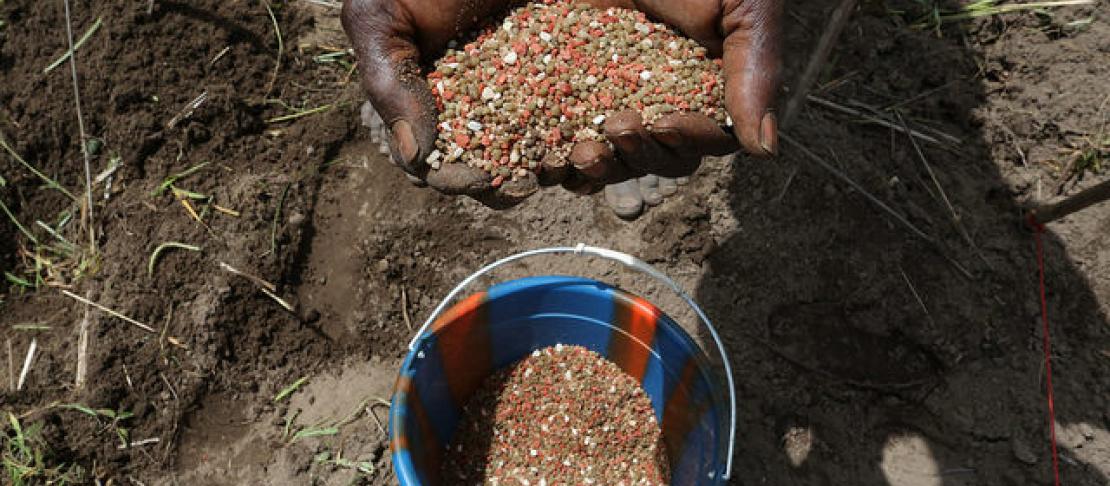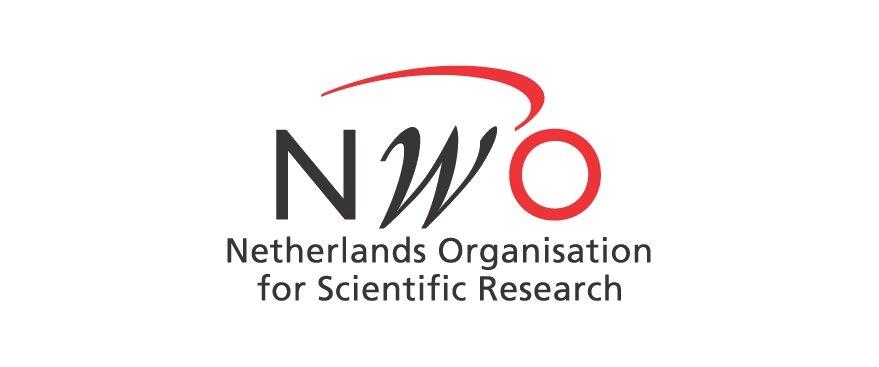Citizen science for climate-smart nutritious varieties | Global Challenges Programme project

Project description
This project aims to out-scale citizen science approaches in testing genetic resources from national gene banks and international collections, for climate change adaptation, and nutrition suitability in these communities in Uganda and Ethiopia. A citizen science approach engages citizens in participatory data collection and analysis.
The project will build on existing CCAFS projects that are already utilizing the approach and other participatory methodologies. The project will identify, test, select and disseminate climate-smart varieties of selected crops from national gene banks and international collections according to farmers’ needs and specific conditions of their geographical locations, climate-related challenges, and nutrition needs. The project aims to build the capacity of national plant genetic resources systems and enhance collaborative partnerships and private sector engagement in the dissemination of climate-smart nutritionally dense varieties. The project will also enhance the capacity of farmers’ to produce high-quality seeds.
Activities
- Citizen’s science approaches and participatory varietal testing and selection
- Collate available nutritional data on prioritized PGRFA and consumer assessment and sensory evaluation of culinary and organoleptic attributes
- Dissemination of selected varieties through seed value chains using QDS frameworks
- Knowledge sharing and learning
- Policy (review, prioritization, advocacy)
- Capacity development
Expected outcomes
- Adaptive capacity and resilience of farmers improved
- Food security and livelihoods improved
- Climate-smart varieties up-scaled
Gender and youth
Women’s role in seed and variety management has to a large extent been overlooked or neglected by many seed sector innovation and development interventions (Almekinders & Louwaars, 2002). This is mainly due to the informal nature of women’s activities in seed management. Most of the seed activities women are involved in are limited to subsistence purposes, serving their own households and other members of their communities. These are not part of formal commercial ventures. By focusing on formal seed sector development, many programmes have therefore implicitly been designed for men as the main target group (GTZ, 2000). Such an approach does not only discounts the key role of women in existing seed systems, particularly with regard to important food crops – it also ignores that changes in seed systems tend to affect gender roles, redistribute responsibilities for and access to resources, and may affect food and nutrition security (Christinck et al., 2014; Pionetti, 2005).
Partners
- Royal Tropical Insititute (KIT)
- Plant Genetic Resources Centre, National Agricultural Research Organization (NARO)
- Participatory Ecological Land Use Management (PELUM)
- Mekelle University
- Bioversity International
More information
For more information, please contact the project leaders:
- Peter Gildemacher, KIT, at p.gildemacher@kit.nl
- Carlo Fadda, Bioversity International, at c.fadda@cgiar.org
Funding for this project is provided by:


